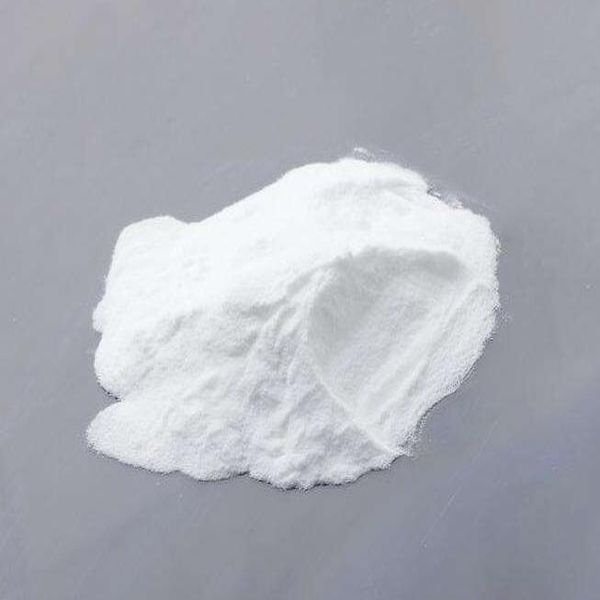Cimetidine (methamidine, sustained-release tablets Weiweimei), as an H2 receptor antagonist, is used clinically to treat stomach, duodenal ulcers, upper gastrointestinal bleeding, reflux esophagitis, stomach Secretin tumors and the prevention and treatment of stress ulcers. Cimetidine can have an effect on H2 receptors in many tissues of the human body, and has various pharmacological effects.
1. Used for digestive diseases
Rotavirus is one of the main pathogens of diarrhea in autumn and winter. Cimetidine exhibits good clinical efficacy in rotavirus enteritis, and it has a good effect in the treatment of digestive system diseases such as gastrointestinal bleeding, colitis, reflux esophagitis and diarrhea.
2. Used for respiratory diseases
Bronchiolitis is a respiratory disease with bronchial inflammation. Cimetidine can inhibit mast cell release of histamine and relieve the symptoms caused by histamine release. Cimetidine combined with other drugs in the treatment of bronchial asthma and other respiratory diseases has good clinical efficacy and has been widely used in clinical practice.
3. Used for vascular diseases
In addition to blocking the H2 receptor’s anti-allergic effect, cimetidine also has the effect of improving immunity. Cimetidine combined with other drugs to treat vascular diseases such as allergic purpura in children has good clinical efficacy.
4. Used for skin diseases
The combination of cimetidine and antiviral drugs for the treatment of viral skin diseases can shorten the course of disease and increase the curative effect, with fewer adverse reactions and higher safety
5. For tumor
Cimetidine has the effect of inhibiting the growth and blood channel spread of malignant tumors such as intestinal cancer, and it has been confirmed that this process mainly inhibits the expression of E-selectin in vascular endothelial cells by cimetidine, thereby inhibiting tumor cells and vascular endothelial cells Achieved by adhesion.
6. For radiation resistance
In the 1990s, Iranian scientist Mozdarani H et al. Found that intraperitoneal injection of cimetidine had a protective effect on the micronucleus of bone marrow cells induced by gamma rays; Tintin has a protective effect on high-dose X-ray induced micronucleus and apoptosis of lymphocytes.
7. Used for hydatid disease
In view of the good clinical efficacy of cimetidine combined with albendazole on hepatic echinococcosis, the clinical program has been used as the first drug treatment plan for echinococcosis.
8. For oral ulcers
Cimetidine has the effect of antagonizing vasodilation of histamine and weakening capillary permeability, can enhance the resistance of oral mucosa, promote granulation tissue growth and angiogenesis, repair wounds, and eliminate inflammation and edema.
9. Used for periodontitis
Periodontitis is a chronic destructive disease that occurs in the supporting tissues around the teeth and is caused by chronic gingivitis extending into deep periodontal tissues. Cimetidine may reduce alveolar bone loss by reducing the number of osteoclasts and has a certain therapeutic effect on periodontitis. Cimetidine has an antioxidant effect and has an adjuvant effect on periodontitis.
Post time: May-13-2020
